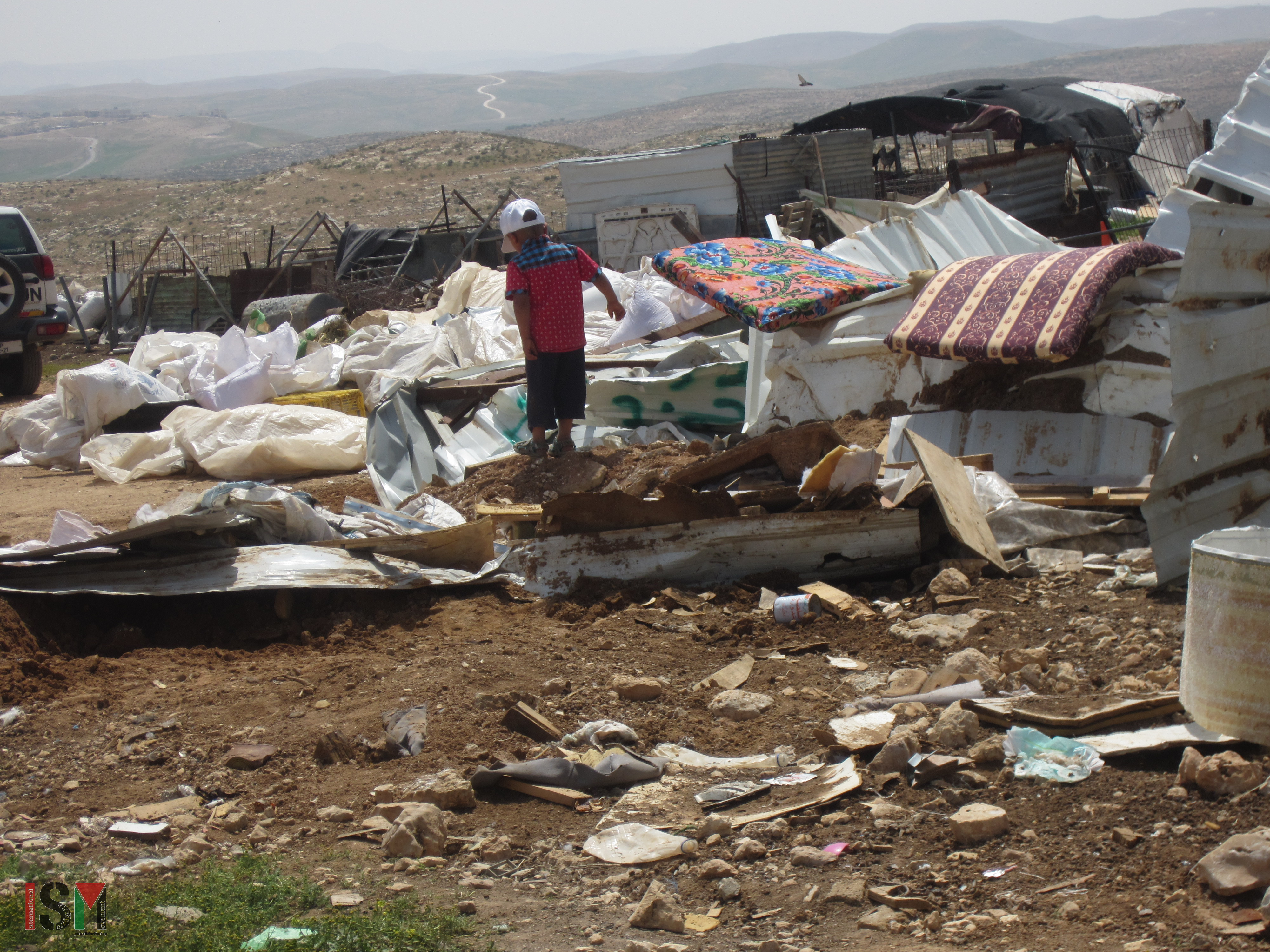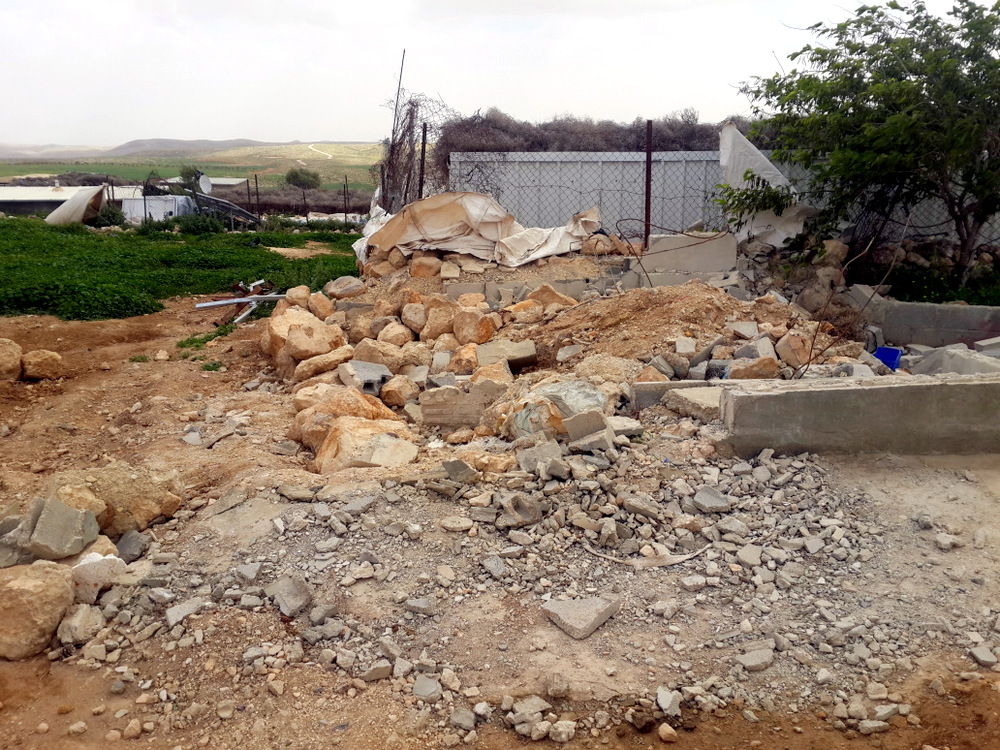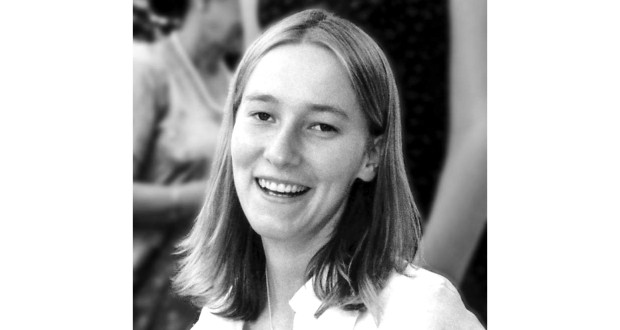Tag: House Demolition
-

House demolitions in Um Al-Khair leaving children homeless
7th April 2016 | International Solidarity Movement, Al-Khalil Team | Hebron, occupied Palestine Wednesday the 6th of April 2016 at 6 o’clock in the morning, Israeli forces demolished 6 homes in the village of Um Al Khair in the south Hebron Hills in the southern part of the occupied West Bank in Palestine. 36 people…
-

Demolitions in Khirbet Jenba, South Hebron Hills
23rd March 2016 | B’Tselem | South Hebron Hills, occupied Palestine This morning, the Israeli Civil Administration demolished a home, shed and an animal enclosure in Khirbet Jenbah, in the Masafer Yatta area of the southern Hebron Hills. The authorities also confiscated solar panels donated by an international aid agency. Photos from Today’s demolition. Credit:…
-

The 13th anniversary of Rachel Corrie’s death
15th March 2016 | International Solidarity Movement, al-Khalil team | Gaza, occupied Palestine Today marks the thirteenth anniversary since the passing of fellow ISM activist Rachel Corrie (April 10, 1979 – March 16, 2003). Rachel was tragically crushed to death under the front blade of an Israeli military, American funded, Caterpillar D9R bulldozer near Rafah, in the…
